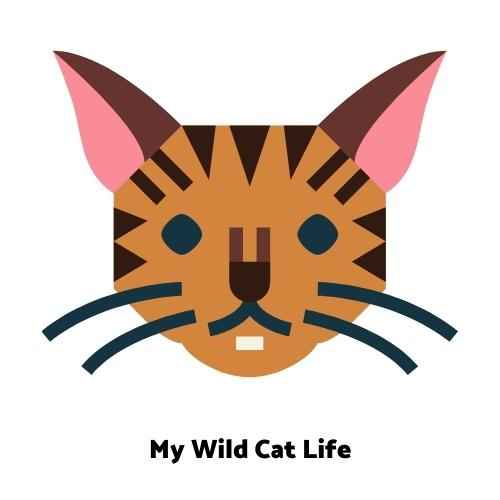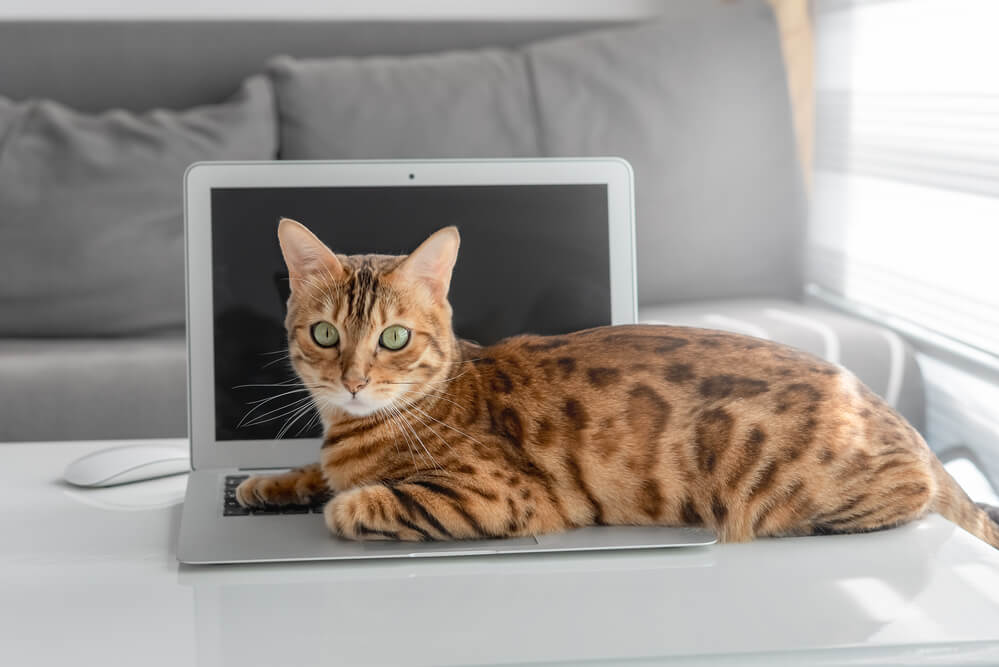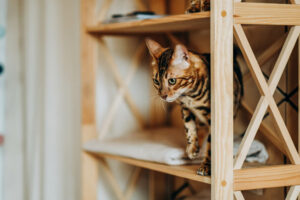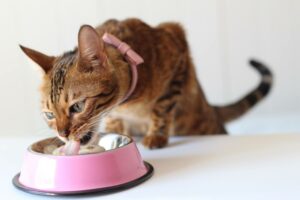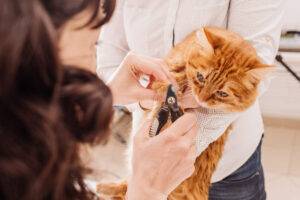Finding the best pet insurance for Bengal cats can be easy. The right insurance could give you financial security and peace of mind by protecting you from having to cover the entire cost of unavoidable veterinary expenses.
On the other side, choosing inappropriate insurance can strain your wallet.
While most insurance companies have basic coverages’ for inherited genetic and congenital conditions, accidents, and other fundamental issues, these insurance companies differ in benefits, costs, and extras.
So which insurance is best for your cat?
We have assembled the most critical information on five insurance providers to make your search easier.
Quick Summary: Best Pet Insurance for Bengal Cats
| Insurance | Best for |
| 1. Lemonade | Processing claims fast |
| 2. Embrace | Treating pre-existing conditions |
| 3. Figo | Providing 100% reimbursement |
| 4. ASPCA | Accident plan |
| 5. Trupanion | Makes direct payments |
Best Pet Insurance for Bengal Cats: Top 5 Picks
1. Best for Processing Claims Fast: Lemonade
Well, Lemonade is known best for its speedy processing of claims through its mobile app. Additionally, it employs a business strategy to avoid creating a hostile environment between itself and its customers.
They offer a $250 yearly deductible, a $20,000 annual coverage cap, and an 80% reimbursement rate are all quoted for the basic Lemonade pet insurance plan.
You can also choose from 70%, 80%, or 90% reimbursement rates. Alternatively, you can go for $100, $250, and $500 annual deductibles. They also offer a yearly claim of between $5,000 and 100,000.
Monthly premiums range between $12-50 and vary in different states when expanded coverage options are chosen.
2. Best for Treating Pre-existing Conditions: Embrace
The highly flexible Embrace insurance plans let you choose the premium coverage combination that is best for your ailing Bengal cat. Depending on your veterinary bills, the company offers reimbursements of 70%, 80%, and 90%.
You can select a deductible between $200 and $1,000, and your annual maximum is between $5,000 and $30,000.
Additionally, “Healthy Pet Deductible” is a free service provided by Embrace. Your deductible will now be $50 lower yearly without a pet insurance claim.
Unfortunately, Embrace does not cover ongoing medical conditions that your pet may have at the time of your insurance. However, if your pet has been symptom-free for an entire year, it will pay for a pre-existing condition like infections.
3. Best for 100% Reimbursement: Figo
Unlike most insurers who offer reimbursements between 70% to 90%, Figo offers up to 100%. But just like other pet insurers, upfront payment is still required.
Most insurance providers impose age restrictions of a minimum of 10 years as a part of their new policies. However, there is no maximum age for FIGO.
The deductibles are extremely low, ranging between $100 to $1,500. Although a lower deductible typically results in a higher premium, you will not usually need to worry about paying a high deductible when your cat requires medical attention.
Customers can connect with licensed veterinarians at no additional cost seven days a week using FIGO’s Pet Cloud app. You can discuss your pet’s health or mobility issues, get answers to your queries and get guidance over whether immediate care is necessary.
4. Best for Accident Plans: ASPCA
You can purchase accident-only coverage if you do not need full coverage. This cover only pays for the costs of examinations, medical care, and diagnostic tests for injuries brought on by accidents.
The $100, $250, and $500 annual deductibles are available under the accident-only plan. Once you have spent the predetermined sum of money on things like exam costs, blood tests, or medications, your cat insurance policy will start to pay out.
Owners of pets may receive up to 90% reimbursement, depending on the plan they purchased, for unforeseen expenses like the removal of foreign objects or bone fractures.
Depending on your chosen plan, your annual payout cap for cats can be anything from $5,000 to $10,000.
The more you pay each month, the larger the annual cap. The annual limit is the amount ASPCA will contribute toward your pet’s remaining veterinary expenses after you have funded your yearly deductible.
5. Best for Making Direct Payments: Trupanion
The fact that Trupanion pays your veterinarian directly at checkout is one feature that sets it apart. This implies no need to wait for reimbursement or submit a claim.
For Bengal cat owners who want control over their coverage and deductible limit, we suggest Trupanion. Deductibles are monitored per incident instead of annually, and you can set them anywhere between $0 and $1,000.
In addition, they provide limitless coverage as well as a 90% reimbursement price. The standard Trupanion monthly premium for cats ranges from $37 to $85.
Trupanion offers adaptable, thorough coverage. You can customize your insurance by selecting your deductible amount between $0 and $1,000. You can receive 90% reimbursement on qualified veterinary expenses.
Final Word
Many people believe that maintaining Bengal cats can be high maintenance. That is why they only seek insurance plans once their pet is diagnosed with a severe illness or when they are confronted with a sizable medical bill.
Others might decide against getting pet insurance because they don’t want to have to pay for routine medical care.
However, with these recommendations, you can quickly locate the best insurance for Bengal cats that will work for you.
